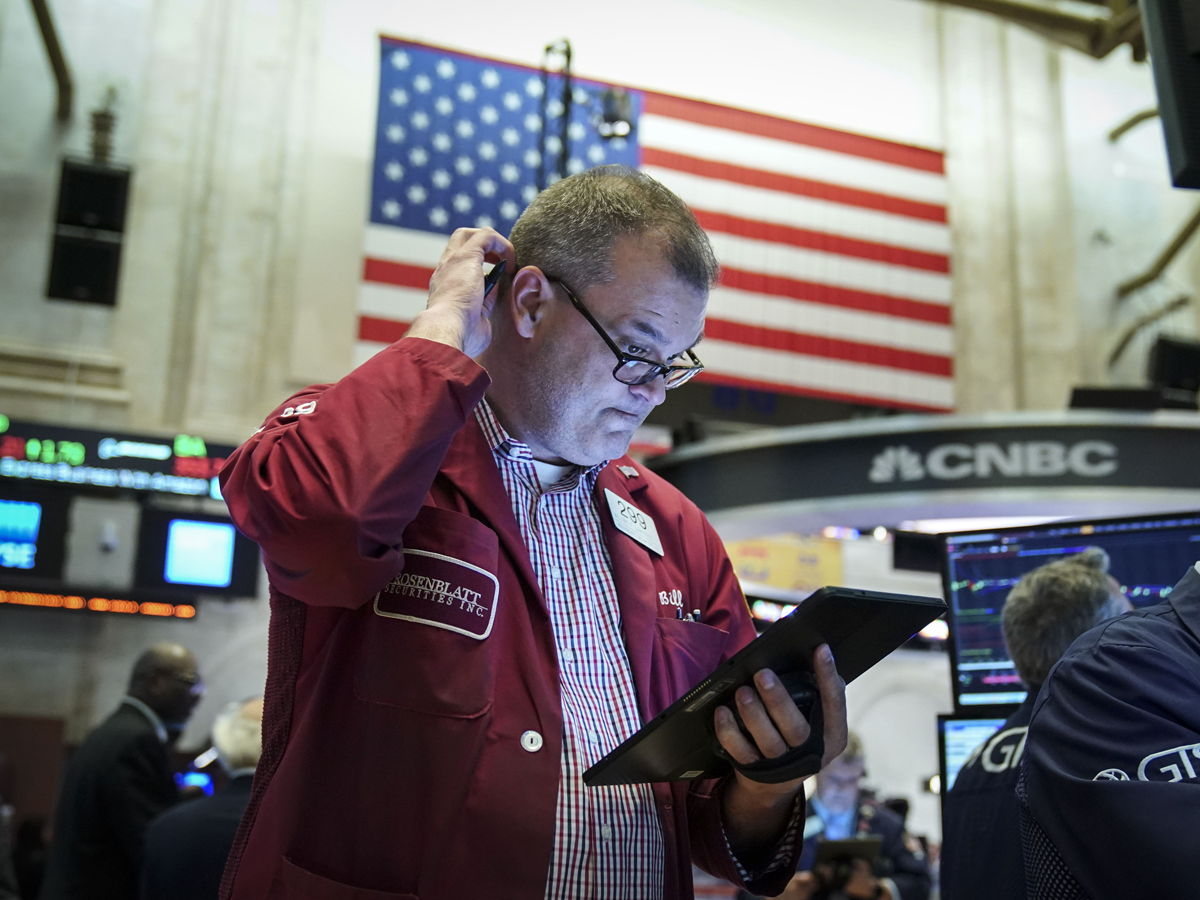INSUBCONTINENT EXCLUSIVE:
By Aaron BrownThe coronavirus seems to be near the tipping point of becoming a global pandemic
The next few weeks may see infection rates peak for the virus that causes a lung illness dubbed Covid-19 and start to decline, aided by
containment efforts and warmer weather in the Northern hemisphere
on their portfolios.
There is a tendency for investors to concentrate on the direct short-term effects
Fears of contagion have already caused the cancellation of travel and events in parts of the world, and disrupted supply chains
This will have significant impact on first-quarter earnings and the global economy even if the virus is contained by the end of March.
But
these effects are likely temporary
when parts finally arrive and prices fall.
The long-term effects of Covid-19 are in some respects opposite to the short-term ones
Recent studies suggest the virus transmission rate is higher than initially thought, and that many more people are infected than estimated
But the corollary is that death rates may be lower than initially thought, because the number of deaths (which is known with more accuracy
than the number of people infected) should be divided by a larger denominator
A faster-spreading, less deadly virus may do less permanent economic damage.
At this point there are three main scenarios
The first is that Covid-19 may be contained and eliminated as a public health threat, the way the severe acute respiratory syndrome, or
This is not a horrifying scenario
There are four other coronaviruses out there already, which together cause about 25% of colds
One more might not make that much difference
In fact, the introduction of a new virus has complex effects on public health as it can change patterns of infection of all other common
So while this would be a bad thing, and we would prefer to contain Covid-19, it probably means an uptick in the number and possibly the
Against this is the continuing improvement of medical knowledge to reduce the incidence and severity of disease
that Covid-19 grows into a global pandemic, perhaps as bad or worse as the 1918 influenza
To be sure, global pandemics were always a possibility
filovirus, Lassa Fever, Rift Valley Fever and Crimean Congo Hemorrhagic Fever are the main known ones, plus unknown ones can emerge)
Plus, there are many other possible disasters: tick or other infestations, diseases like rabies spread by animals, destruction of food
crops, volcanoes, earthquakes, climate change, asteroid impacts, etc
Before altering a long-term strategy, investors should ask if the information about Covid-19 to date has significantly changed the
probability of a mass-death event over the next few decades.
To put some numbers around this, I took a model developed in 2017 and published
by the World Health Organization for the health and economic effects of possible pandemics
This covers only influenza and coronavirus risks
The model shows no sign of pandemic in 84 years out of 100, and expected global deaths from the two viruses are 200,000, while global gross
income is reduced by 0.2%
But in 8 years out of 100 the model predicts an event that kills an expected one million people and cut global gross income for the year by
1%.
At the extreme, there is about one chance in 2,000 of a 1918-flu level event with an expected 300 million deaths and wealth destruction
of 2.5 years of global income.
We are still at a point where our first scenario, containment, is possible
In that case we would expect total influenza and coronavirus deaths in 2020 to be around average.
In our second scenario, where Covid-19
becomes endemic, we might see the numbers in the first line of the table tick upward somewhat, say to 210,000 deaths and a 0.21% drop in
But the probabilities of that are still quite small, even if they are somewhat higher than the model (which was developed before Covid-19
Moreover, a Covid-19 pandemic is only one of many possible causes of a mass disaster, so it probably does not add significantly to the
overall probability.
Recent news is making the second scenario seem more likely, and the first and third less likely
portfolios.
(This column does not necessarily reflect the opinion of economictimes.com, Bloomberg LP and its owners)

